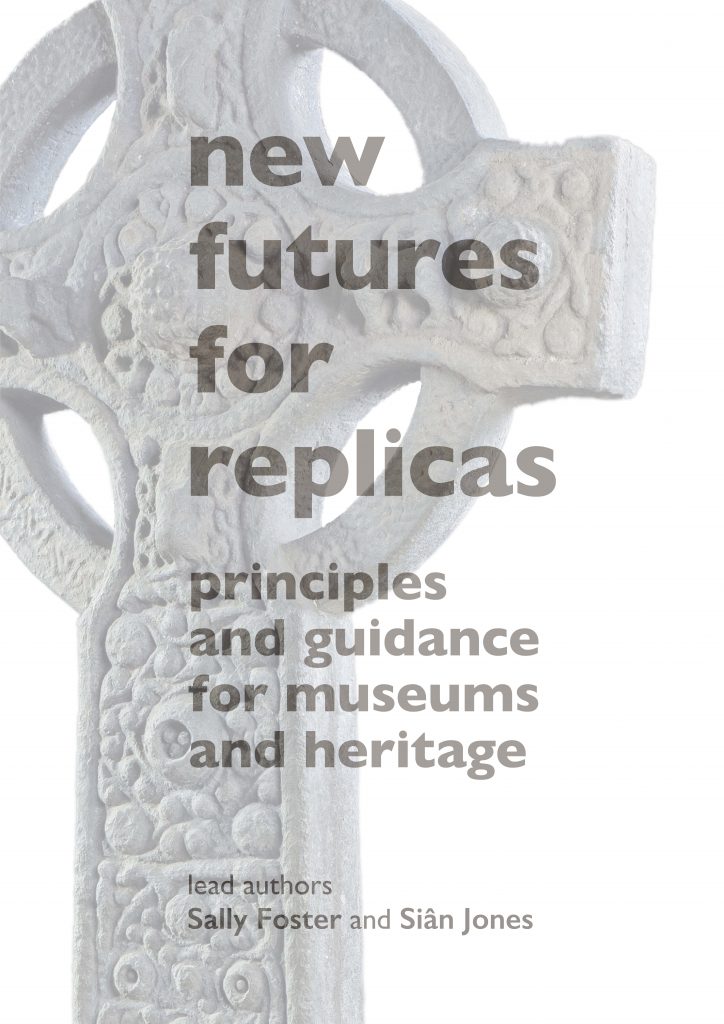The Bamiyan Buddhas – what next?
2020-12-11
In 2001, the Taliban blew the Bamiyan Buddha statues to pieces. Since then, UNESCO and others have been deliberating whether they ought to be reconstructed.
Now the current state of the discussion has been published by Springer in a volume entitled The Future of the Bamiyan Buddha Statues, summarising the outcomes of a UNESCO conference held in Tokyo in 2017.  The book contains a chapter by Cornelius Holtorf entitled “Destruction and Reconstruction of Cultural Heritage as Future-Making“. He argues that before any specific reconstructions of the Buddha statues are commissioned, we should consider several alternative futures for the past:
The book contains a chapter by Cornelius Holtorf entitled “Destruction and Reconstruction of Cultural Heritage as Future-Making“. He argues that before any specific reconstructions of the Buddha statues are commissioned, we should consider several alternative futures for the past:
- will there be new audiences for heritage among the growing populations of Asia?
- Will digital and interactive ways of presentation reduce the significance of genuine artefacts?
- Will the preference for dark and painful heritage grow and perhaps increasingly demand stories about the Taliban rather than about Buddhism?
- Or will heritage tourism come to an end altogether?


[…] The new funding for this and a number of additional smaller projects, means that the Climate Heritage Network is…
[…] Chair on Heritage Futures « Culture, cultural heritage and COP26 […]
[…] mer på Unescoprofessurens blogg http://blogg.lnu.se/unesco/?p=1061 Besök Öland 2050! […]